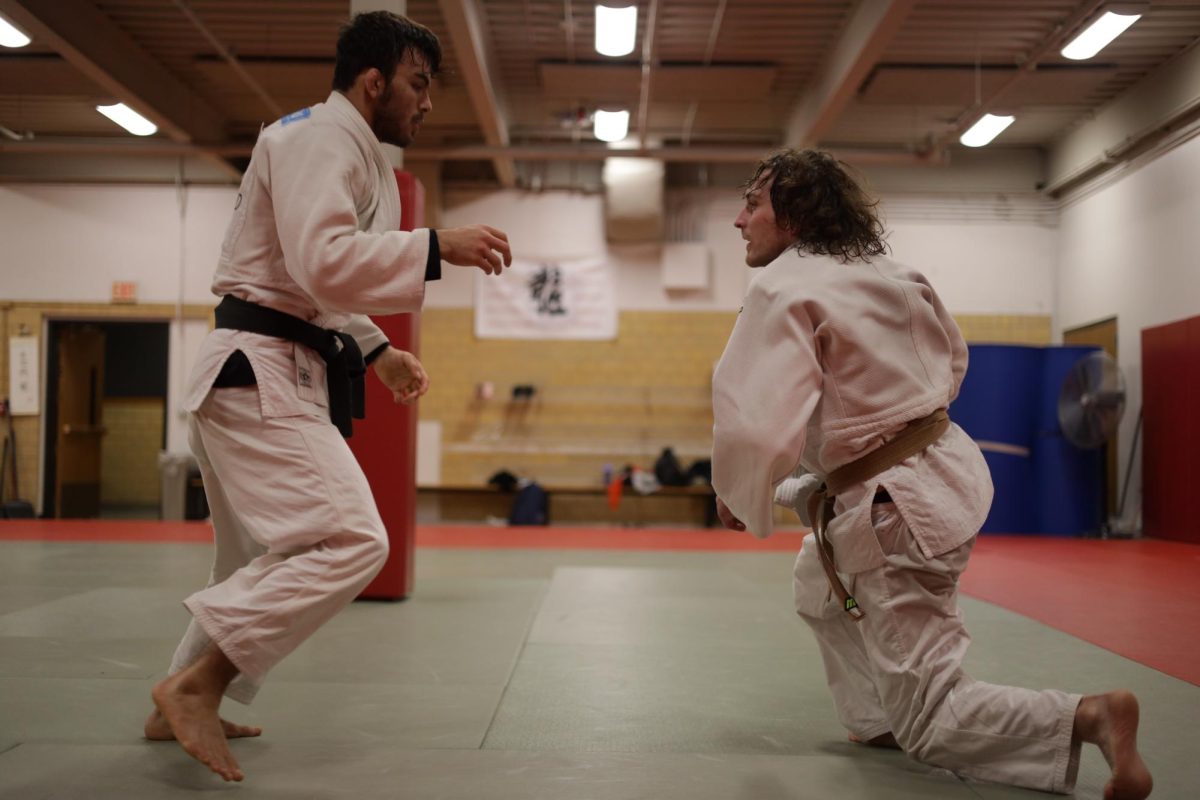High school students speak out against war
March 6, 2003
A group of Ames High School students risked detention, lowered grades, and bitterly cold weather to take part in a nationwide student strike.
Chanting “books, not bombs” and holding signs and banners, the group of about 35 students stood ankle-deep in snow across the street from Ames High School, demanding funds designated for military spending to be spent on education instead.
“We want our voices heard,” said Heather Funnell, Ames High senior. “We don’t want war — we want the education we’re supposed to have.”
Tens of thousands of college and high school students throughout the United States took part in the strike. Thousands of students also rallied for peace in Britain, Sweden, Spain, Australia and other countries. Word of the Ames strike was spread through fliers and the Internet, said Kelly Ashburn, Ames High sophomore.
Stacey Schmitt, senior at Roosevelt High School, said between 40 and 50 students from Roosevelt and Valley High Schools in Des Moines protested at the state capitol, requesting money for education and denouncing unilateral action against Iraq. Unlike the Ames High students, the Des Moines students waited until school was out to begin their protest, and did not face opposition from faculty.
Ames High students who chose to participate in the strike were informed they would receive detention for skipping classes. Many of the students said they did not consider themselves to be troublemakers.
“I think for almost the vast majority of them, this will be the first detention that they will have to serve,” said Greg Bonnet, Ames High senior and an organizer of the event. “I’ve never had detention before.”
Bonnet said he and other organizers spoke with the administration before the strike to make sure students wouldn’t face any punishments other than what is traditionally given to students skipping school.
“They were sympathetic, and they understood that we weren’t striking against the Ames High School administration,” he said. “We didn’t really want them to waive the punishment because some kind of sacrifice is kind of needed.”
Principal Michael McGrory said the normal policy for unexcused absences was implemented.
“There was a concern among some students we would add to it and I didn’t think that would be fair, so we just did our normal discipline process,” he said.
McGrory said the students’ hearts were in the right place.
“I have tremendous respect for both points of view,” he said. “It’s an emotional issue right now, and I had a lot of respect for how students handled the situation and how strongly they felt.”
— The Associated Press contributed to this article.






